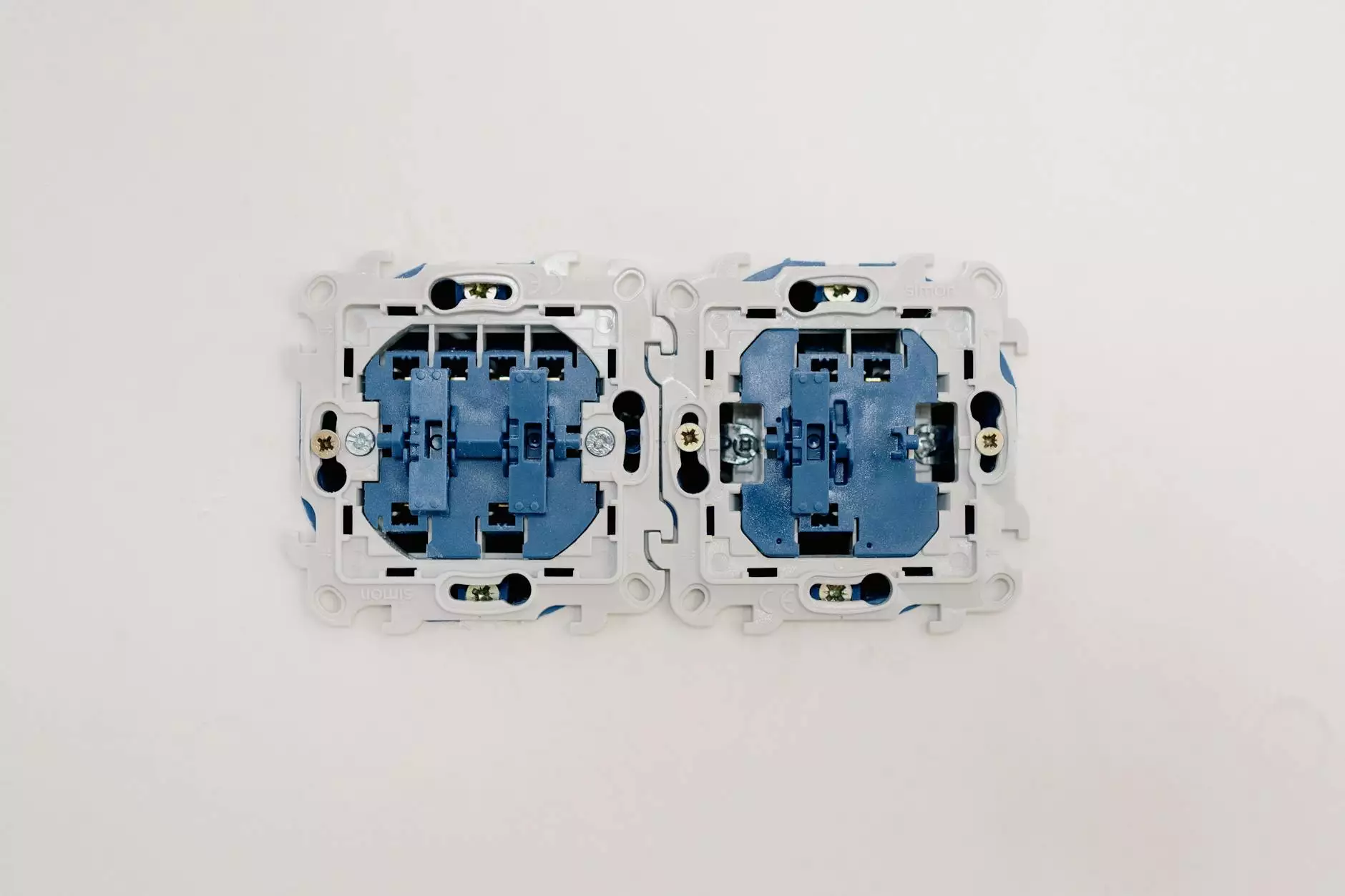Understanding Hysterectomy Risks and Complications

The decision to undergo a hysterectomy is one that many women face, often after careful consideration and consultation with their healthcare providers. While this surgical procedure can provide significant relief from a variety of gynecological issues, it is crucial to understand the potential risks and complications associated with hysterectomies. This comprehensive article aims to elucidate these concerns, helping you make informed decisions about your health.
What is a Hysterectomy?
A hysterectomy is a surgical procedure that involves the removal of a woman’s uterus. In some cases, additional reproductive organs may also be removed, which can include the cervix, fallopian tubes, and ovaries. The reasons for undergoing a hysterectomy can vary widely and include:
- Uterine Fibroids: Non-cancerous growths that can cause heavy bleeding, pain, and other complications.
- Endometriosis: A condition where uterine lining grows outside the uterus, leading to severe pain.
- Uterine Prolapse: When the uterus slips into the vaginal canal.
- Abnormal Bleeding: Irregular or excessive bleeding that cannot be managed through other treatments.
- Cancer or Precancerous Conditions: Such as uterine cancer or hyperplasia.
Types of Hysterectomy
There are several types of hysterectomies, including:
- Total Hysterectomy: Removal of the uterus and cervix.
- Subtotal or Partial Hysterectomy: Removal of the uterus while leaving the cervix intact.
- Radical Hysterectomy: Removal of the uterus, cervix, surrounding tissue, and sometimes, the ovaries and fallopian tubes.
Common Risks Associated with Hysterectomy
Like any surgical procedure, hysterectomies come with their set of risks. It's imperative to be aware of these potential hysterectomy risks and complications, which can include:
1. Infection
Post-operative infections can occur, leading to symptoms such as fever, pain, and discharge. Proper hygiene and post-operative care are pivotal in minimizing this risk.
2. Blood Clots
Hysterectomy patients are at increased risk for blood clots, especially in the legs (deep vein thrombosis) and lungs (pulmonary embolism). Mobilization and anticoagulation therapy may be prescribed to mitigate this risk.
3. Bleeding
Excessive bleeding during surgery or in the recovery phase can occur, necessitating blood transfusions or further surgical intervention.
4. Damage to Surrounding Organs
There is a risk that surrounding organs, such as the bladder or intestines, may be damaged during surgery, leading to complications.
5. Hormonal Changes
If the ovaries are removed during a hysterectomy, it can lead to immediate menopause, with symptoms such as hot flashes, mood swings, and vaginal dryness.
Long-Term Complications of Hysterectomy
While many complications from a hysterectomy are temporary, others can have lasting effects. Some long-term complications may include:
1. Pelvic Floor Dysfunction
Women may experience pelvic organ prolapse or urinary incontinence following a hysterectomy, particularly if the procedure was radical.
2. Changes in Sexual Function
Some women report changes in sexual desire or difficulty experiencing orgasm after a hysterectomy, which can stem from both physical and emotional factors.
3. Chronic Pain Syndrome
Post-hysterectomy pain can persist for some women, sometimes leading to chronic pain syndromes that require ongoing management.
Managing and Reducing Risks
While risks and complications cannot be entirely eliminated, several strategies can help manage or reduce them:
1. Choose the Right Surgeon
Opting for a qualified and experienced surgeon can greatly affect the outcome of the procedure. Ensure that your healthcare provider is a board-certified gynecologist with extensive experience in performing hysterectomies.
2. Pre-operative Assessment
Comprehensive pre-operative assessments, including blood tests and imaging, can help identify any potential risks prior to surgery.
3. Discuss Anesthesia Options
Understanding your anesthesia options and discussing them with your anesthesiologist can also minimize post-operative complications.
4. Post-operative Care
Follow your surgeon's post-operative care instructions meticulously, including rest, mobility, and signs of complications to watch for.
Conclusion: Empowering Your Decision
Deciding to undergo a hysterectomy is a significant and personal choice. By understanding the hysterectomy risks and complications, you empower yourself to make informed decisions regarding your health care. It’s essential to engage in open discussions with your healthcare provider and seek support from trusted family and friends. At Dr. Seckin's practice, we are committed to providing comprehensive pre-operative and post-operative care, ensuring that our patients are well-informed and supported throughout their journey.
Your health is invaluable, and understanding your options is a crucial step toward achieving your wellness goals. Remember, knowledge is power; take control of your health journey today!



